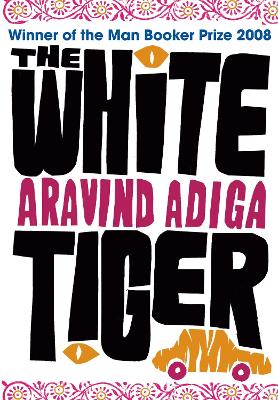Reviewed by gmcgregor on
New Delhi fundamentally changes both that son, Ashok, and Balram. Ashok has been educated in America, and treats his servants more or less like people. As he gets more and more sucked into the mire of his family's business (they're in the coal industry, and Ashok does a lot of running around with briefcases full of money to drop off with various politicians and officials), he becomes harder and harsher. When Balram is nearly forced to take the fall for a bad accident caused by Ashok's wife's drunk driving, Balram realizes that even as far as he's come from his roots, he's still not really safe. As long as he's poor and a servant, he'll always be expendable. But in order to get out of his situation, he needs money, and the money he has the easiest access to? Those briefcases that he's driving Ashok around with.
It's a dark satire, and after reading a lot of Serious Literature, I appreciated its wit and liveliness even more than I otherwise might have. But I would have enjoyed it no matter what. It's an epistolary novel (Balram writes to the prime minister of China, who is visiting India at the time, to explain India's entrepreneurial spirit), which allows it to skip around in time a little for maximum impact...we know that he's committed murder and gone on to start his own business, but how (and why) did he do it? How did he get away with it? What exactly does he do now? The organic tension propels the book forward without being too mysterious. Balram is an indelible character, and I really appreciated the way that Adiga developed Ashok as well, portraying his moral decay even though we only see him through Balram's eyes. It's a quick read that manages to be thought-provoking while still being entertaining.
Reading updates
- Started reading
- 3 August, 2016: Finished reading
- 3 August, 2016: Reviewed
